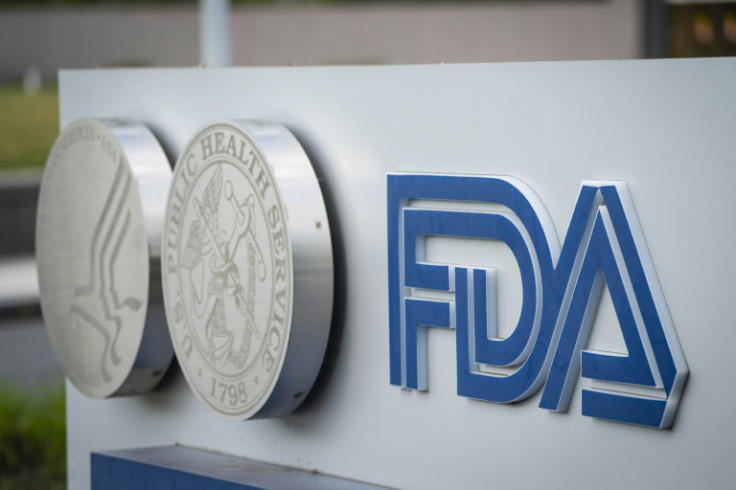FDA Declines Approval Of MDMA As Treatment For PTSD

The Food and Drug Administration has declined to recommend approval for the use of MDMA, more popularly known as molly or ecstasy, to treat post-traumatic stress disorder or PTSD, despite advocates pushing for the inclusion of psychedelics, or hallucinogens, in treating mental health disorders.
To secure the approval of the drug, two votes are needed—one for the efficacy of the MDMA and the other from the Psychopharmacologic Drugs Advisory Committee of the agency to signify the drug's safety, and an approval of MDMA would mean having the first new treatment for PTSD in more than 20 years. Yet the turnout of the votes reflects the panel's struggle to balance the need for the introduction of a new PTSD treatment vis-a-vis the data submitted by Lykos Pharmaceuticals, which they say was impaired by poor study design and inconsistencies. Added to that, allegations of misconduct also marred the results.
"It sounds like MDMA has really impacted a number of people in positive ways, but it seems that there are so many problems with the data," said Melissa Decker Barone from the University of Maryland School of Medicine's Department of Psychiatry. The FDA panel voted 9-2 on whether it was effective and voted 10-1 on whether the proposed MDMA treatment is safe or if its benefits would outweigh the risks, New York Times reported.
Dr. Walter Dunn, from the department of psychiatry at the University of California Los Angeles, was the only one who voted "yes" on MDMA's safety and was also one of the two "yes" votes that the drug received in terms of efficacy. In an NBC News report, Dunn admitted having some concerns about the drug, yet at the same time, he recognized the "dire need of treatments for PTSD." "There's no free lunch in medicine," Dunn said. "What has the potential for benefit has the potential for harm," the assistant clinical professor further added.
An analysis from FDA scientists that was published last week indicated some concerns on how the trials of the MDMA were carried out, which eventually led to voting for its rejection.
© Copyright IBTimes 2024. All rights reserved.






















